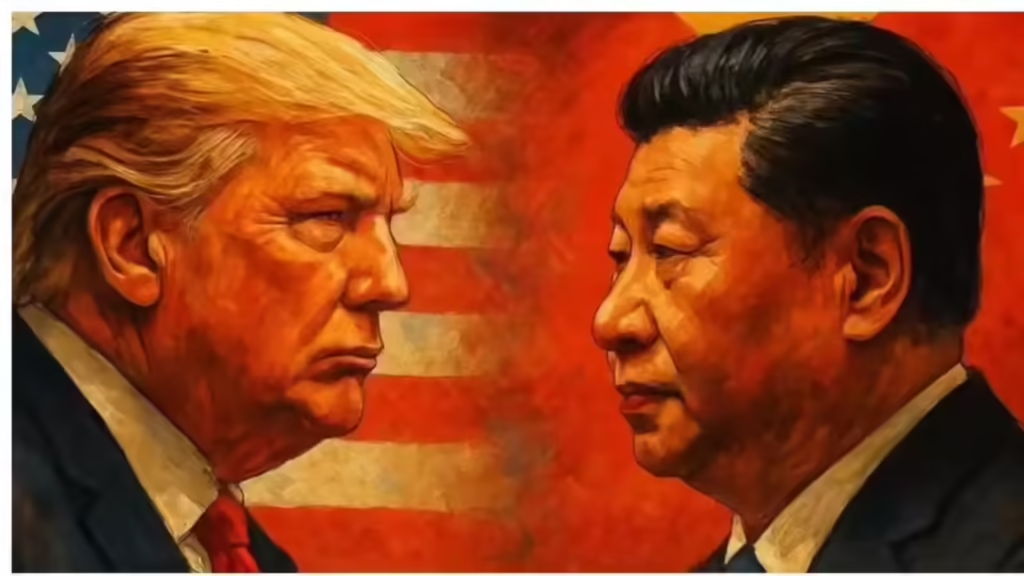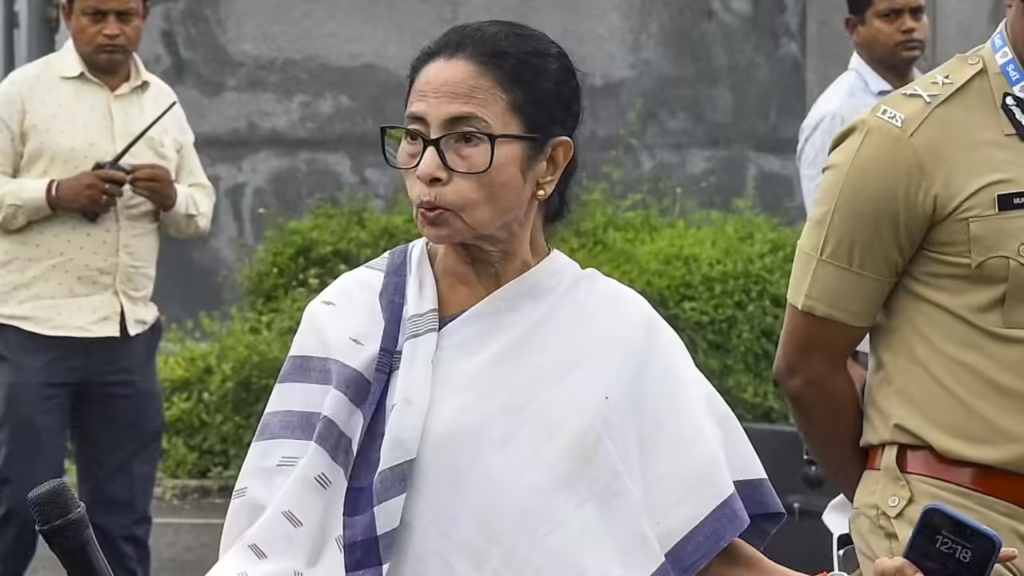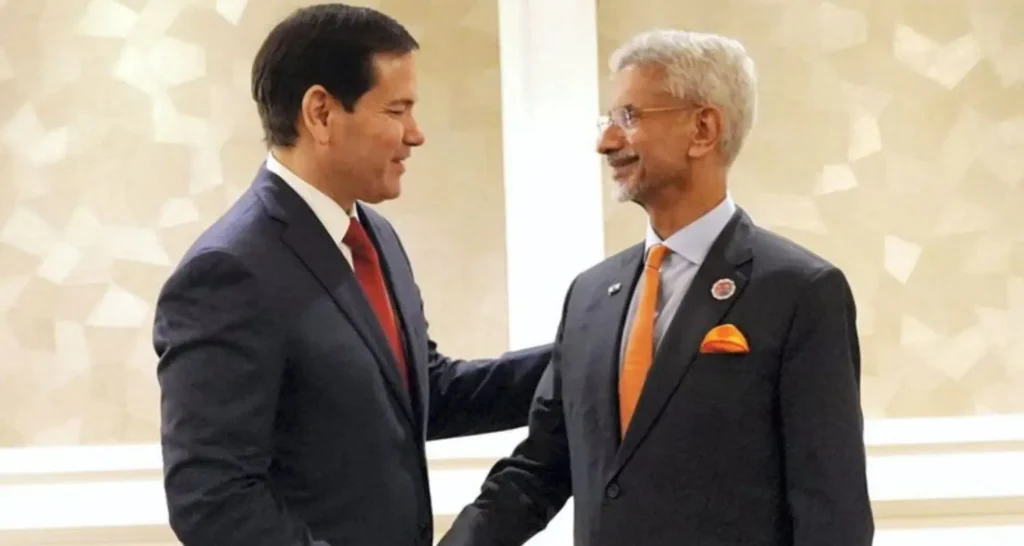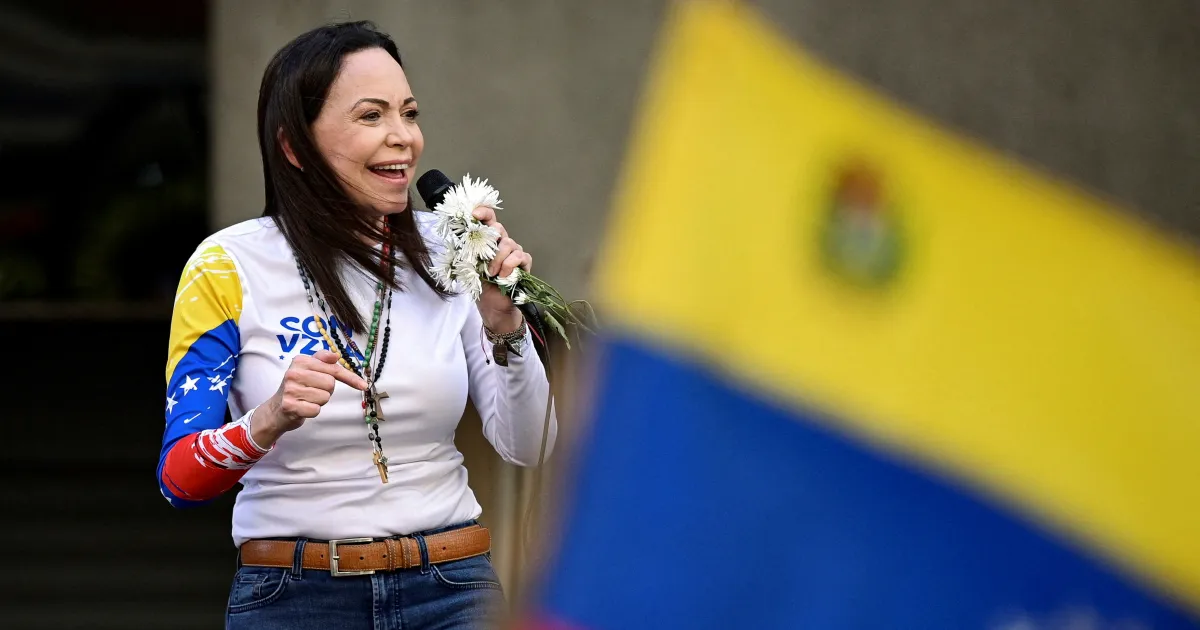Now Reading: Delhi Court Frames Corruption Charges Against Lalu Yadav and Family in IRCTC Scam
-
01
Delhi Court Frames Corruption Charges Against Lalu Yadav and Family in IRCTC Scam
Delhi Court Frames Corruption Charges Against Lalu Yadav and Family in IRCTC Scam
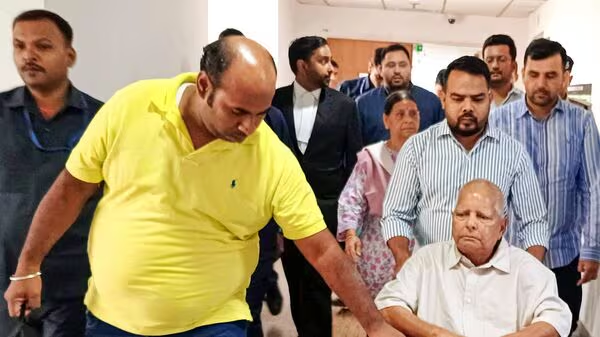
Introduction:
In a significant legal development, a Delhi court has framed corruption, criminal conspiracy, and cheating charges against former Union Railway Minister Lalu Prasad Yadav, his wife Rabri Devi, and their son Tejashwi Yadav in connection with the alleged IRCTC hotel scam. The court described Lalu Prasad as the “fountainhead” of the conspiracy, marking a pivotal moment in this high-profile case.
Background of the Case:
The case revolves around alleged irregularities in the allotment of contracts for the maintenance of two IRCTC hotels in Ranchi and Puri during Lalu Prasad’s tenure as Railway Minister. The Central Bureau of Investigation (CBI) has accused the Yadav family of manipulating the tender process and receiving land as a quid pro quo. The charges also implicate 11 other individuals, including former railway officials and private individuals associated with the alleged scam.
Court’s Observations:
Special Judge Vishal Gogne, presiding over the case at Rouse Avenue Court, stated that there was sufficient material to proceed with the trial. The court emphasized that the accused had prima facie committed offenses under the Prevention of Corruption Act and the Indian Penal Code. The trial is scheduled to commence on October 27, 2025, with daily hearings planned until November 7, 2025.
Political Repercussions:
The timing of the charges, just weeks before the Bihar Assembly elections, has intensified political debates. RJD leader Tejashwi Yadav dismissed the charges as a “political vendetta,” asserting that such actions were expected with the upcoming elections. Opposition parties have seized upon the development, alleging that the ruling establishment is targeting the Yadav family to influence the electoral outcome.
Conclusion:
The framing of charges against Lalu Prasad Yadav and his family in the IRCTC scam case marks a significant step in the legal proceedings. As the trial approaches, it is poised to become a focal point in the political discourse leading up to the Bihar elections. The outcome of this case could have far-reaching implications for the involved parties and the broader political landscape.








